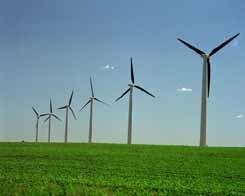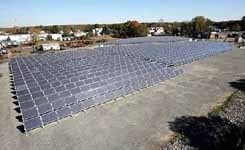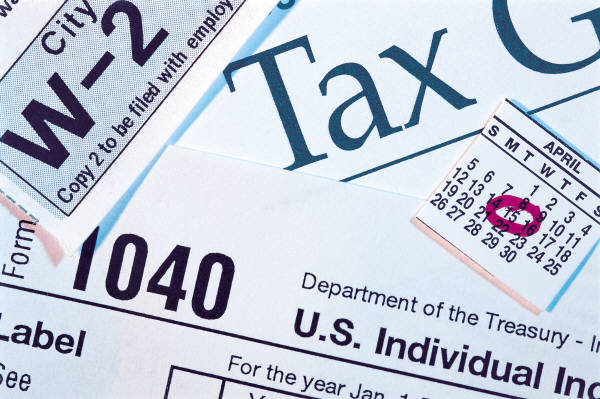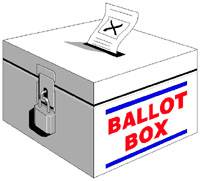
When tens of thousands of people descend on Denver for the Democratic National Convention August 25-29 and St. Paul, Minnesota, for the Republican National Convention September 1-4, they will be participants in the greenest conventions in U.S. history.
Democratic Plans
By building energy-efficient offices, running fuel-efficient transportation and encouraging offsets of carbon dioxide emissions, the Democratic National Convention Committee (DNCC) says it hopes to minimize any potentially negative environmental impacts of the convention while demonstrating the economic and community benefits of "greening."
The DNCC is working with its service providers to ensure there is little waste generated. The Pepsi Center, the stadium where the convention will be held, will use as much solar-powered and energy-efficient lighting as possible. Generators will be fueled by at least 20 percent biodiesel.
The DNCC Green Team, made up of hundreds of volunteers, will help recycle and compost materials used during the convention. The shuttle buses that ferry the thousands of politicians, volunteers, delegates and journalists will be either hybrid vehicles or vehicles powered by biodiesel or alternative fuels.
To encourage the thousands of state delegates attending the convention to embrace environmentally friendly practices, U.S. House of Representatives Speaker Nancy Pelosi launched a "Green Delegate Challenge."
The challenge calls on delegates to offset their carbon footprints caused by traveling to the convention. Carbon offsetting enables those who contribute to greenhouse gas emissions, by using airline transportation for example, to contribute to a cause that helps reduce greenhouse gas emissions.
The delegation with the highest percentage of delegates who offset their carbon footprint will receive recognition and a yet-to-be-named prize at the convention.
"The 2008 Democratic National Convention ... is about the future -- the future of our country and the future of our planet," Pelosi said in an April 7 press release. "That is why we are ensuring that this convention will be the greenest, most sustainable, most successful political convention in history."
Xcel Energy Center in St. Paul, Minnesota
Journalists visit the Xcel Energy Center in St. Paul, Minnesota, site of the 2008 Republican Convention. (© AP Images)
Republican Plans
Efforts are already under way in St. Paul, where Republican National Convention Committee (RNCC) staff members have established environmentally friendly offices.
Offices designed to create as little waste as possible are filled with recycled furnishings and office supplies. The offices' climate-control system is shut off each day at 5 p.m. so that energy is not wasted during off hours. The staff tries to conduct as much business as possible via the Internet so as to not waste paper.
Additionally, employees are expected to use two-sided printing and recycle their paper, cans and bottles. By renting housing near their office, most RNCC staffers can walk to work.
The RNCC also is working with service providers at the Xcel Energy Center, where the convention events will be held, to ensure the convention will be energy-efficient. According to the RNCC, "A greener convention will use fewer resources and leave a smaller footprint; showcase Minneapolis and Saint Paul as leaders in environmental preservation and sustainable development; and underscore the Republican Party's commitment to responsible stewardship of the environment."
 Print
Print Email
Email








